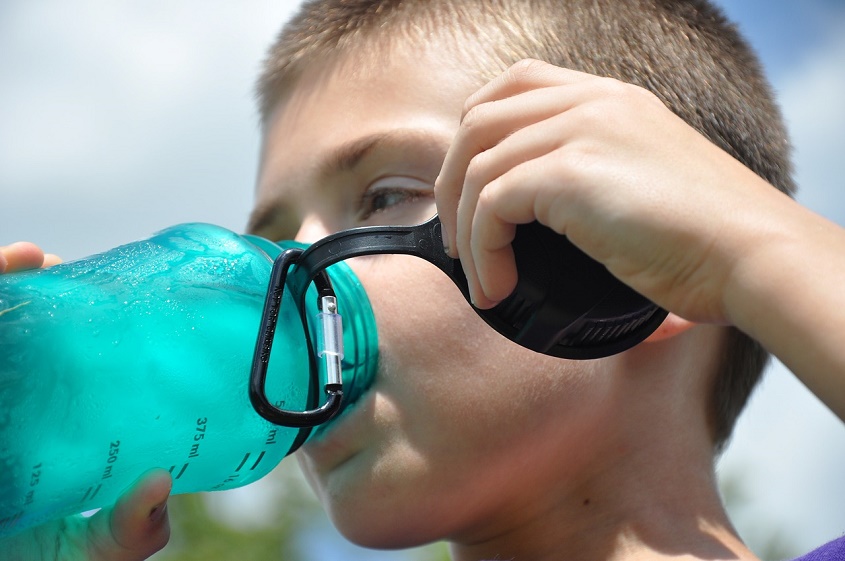Heavy metals in drinking water can be extremely dangerous, especially to young children and pregnant women. In this blog post, we will discuss the importance of getting a water filtration system to protect your family from these harmful toxins. We will also provide information on how to choose the right system for your needs.
How Do Heavy Metals Get Into Our Water Supply?
There are several ways that heavy metals can get into our water supply. They can come from natural sources, such as rocks and soil, or they can be released into the environment from human activities, like mining and manufacturing. Once these metals are in the environment, they can enter our water supply through runoff from rainfall or snowmelt, or they can leach into groundwater from contaminated soil.
What Are the Health Risks Associated with Heavy Metals in Drinking Water?
Exposure to heavy metals can cause a number of health problems, including neurological damage, kidney damage, and cancer. Children and pregnant women are especially vulnerable to the harmful effects of these toxins. Even low levels of exposure can lead to serious health problems.
How Can I Protect My Family from Heavy Metals in Drinking Water?
The best way to protect your family from heavy metals in drinking water is to install a water filtration system. There are several types of filtration systems available on the market, with the best options mentioned on: QualityWaterLab.com, so it is important to do your research to find the one that is right for you.
Water Testing
If you are concerned about heavy metals in your water supply, you can have your water tested by a certified laboratory. This will give you peace of mind and help you determine if a filtration system is necessary.
A water test will show you the levels of heavy metals in your water and exactly what type of filtration system would work best in your situation. Getting a water test is pretty easy and usually only takes a few days to get results back.
How often should I test my water?
The EPA does not have any regulations for heavy metals in drinking water, so there is no required testing frequency. However, if you are concerned about your water quality, it is a good idea to test your water at least once a year.
If you think your family may be at risk for exposure to heavy metals in drinking water, contact a certified water testing laboratory today. And be sure to install a water filtration system to protect your family from these harmful toxins.
What types of filtration systems are there?
There are many different types of filtration systems available on the market, from whole-house systems to faucet-mounted filters. The type of system you need will depend on the level of heavy metals in your water and your budget.
- Whole-house systems are the most effective at removing heavy metals from your water supply. They are also the most expensive option, so they may not be right for everyone.
- Faucet-mounted filters are a more affordable option that can still provide some protection from heavy metals. These filters attach to your faucet and remove contaminants as the water passes through them.
- Pitcher filters are the most affordable option and can be used to filter small amounts of water at a time. These filters typically need to be replaced more often than other types of filters.
- Reverse Osmosis is a type of filtration that uses a semipermeable membrane to remove contaminants from water. This method is very effective at removing heavy metals and other contaminants from water. It is important to note that reverse osmosis systems require regular maintenance and replacement of filters. They are also more expensive than other types of filtration systems.No matter what type of filtration system you choose, it is important to change the filters regularly to maintain their effectiveness. Be sure to follow the manufacturer’s instructions on how often to change the filters.
- Sediment filter – A sediment filter is the first line of defense against heavy metals and other contaminants in your water. This type of filter helps to remove large particles, like sand and grit, from your water.
How often should I replace my filter?
It is important to change your filters regularly to maintain their effectiveness. Be sure to follow the manufacturer’s instructions on how often to change the filters. A general rule of thumb is to replace your filter every three months.
Final Thoughts
Heavy metals in drinking water can be dangerous for your family, so it is important to take steps to protect them. Installing a water filtration system is the best way to remove these contaminants from your water supply. Be sure to have your water tested regularly and change your filters as needed. By taking these precautions, you can ensure that your family has safe, clean water to drink.








